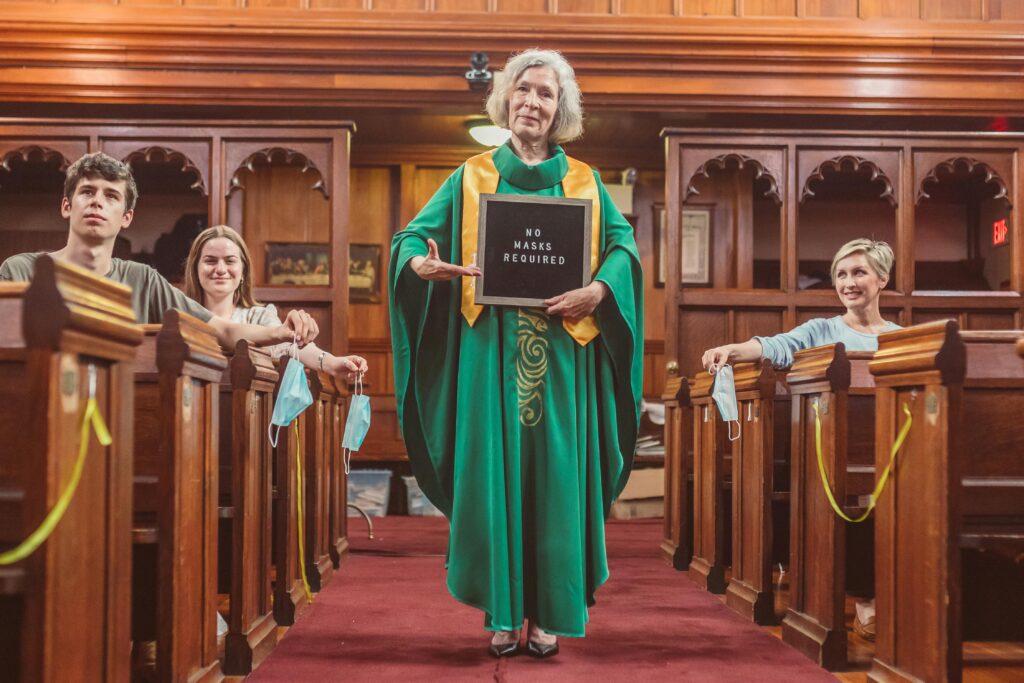In the 21st century, the complexities of faith are more pronounced than ever. The world is increasingly interconnected, and diverse perspectives on faith and spirituality are readily available. As a result, Christians are faced with a multitude of questions and challenges that require a nuanced and informed approach to theology. This new systematic theology aims to provide a comprehensive and accessible framework for navigating the complexities of faith in the 21st century.
Introduction to Systematic Theology
Systematic theology is the discipline of organizing and articulating the teachings of Christianity in a coherent and systematic way. It involves examining the Bible, tradition, reason, and experience to develop a comprehensive understanding of the Christian faith. This new systematic theology builds on the foundations of traditional theology while incorporating fresh insights and perspectives from contemporary theology, philosophy, and science.
Key Components of the New Systematic Theology
The new systematic theology consists of several key components, including:
- Theology of God: An exploration of the nature and attributes of God, including the Trinity, sovereignty, and love.
- Theology of Creation: A discussion of the origin and purpose of the universe, including the relationship between God and humanity.
- Theology of Humanity: An examination of the nature and condition of humanity, including the effects of sin and the promise of redemption.
- Theology of Christ: A study of the person and work of Jesus Christ, including his incarnation, crucifixion, and resurrection.
- Theology of the Holy Spirit: An investigation of the role and ministry of the Holy Spirit in the life of the believer and the church.
- Theology of the Church: A consideration of the nature and mission of the church, including its relationship to the world and its role in God’s plan of salvation.
Methodology and Approach
The new systematic theology employs a multidisciplinary approach, incorporating insights from biblical studies, historical theology, philosophy, and science. It also engages with contemporary issues and challenges, such as postmodernism, pluralism, and environmentalism. The methodology is characterized by:
- Biblical foundation: A commitment to the authority and inspiration of Scripture as the primary source of theological reflection.
- Historical context: An awareness of the historical development of Christian theology and its cultural and social context.
- Philosophical engagement: A willingness to engage with philosophical ideas and concepts that inform and challenge theological reflection.
- Scientific dialogue: An openness to scientific discoveries and theories that shed light on the nature of the world and humanity’s place within it.
Implications and Applications

The new systematic theology has significant implications and applications for Christian living, ministry, and mission. It:
- Informs worship and devotion: By providing a deeper understanding of God’s nature and character, the new systematic theology enriches worship and devotion.
- Guides Christian living: By exploring the implications of theological concepts for everyday life, the new systematic theology offers practical guidance for Christian living.
- Shapes ministry and mission: By considering the nature and mission of the church, the new systematic theology informs and shapes ministry and mission strategies.
- Fosters dialogue and cooperation: By engaging with diverse perspectives and traditions, the new systematic theology promotes dialogue and cooperation among Christians and with other faith communities.
Conclusion: A New Systematic Theology for the 21st Century
The new systematic theology presented here offers a comprehensive and accessible framework for navigating the complexities of faith in the 21st century. By incorporating fresh insights and perspectives from contemporary theology, philosophy, and science, it provides a rich and nuanced understanding of the Christian faith. As Christians seek to live out their faith in a rapidly changing world, this new systematic theology offers a valuable resource for deepening their understanding of God, themselves, and their place in the world.
Charts: New Systematic Theology
- Theological Framework: A diagram outlining the key components of the new systematic theology.
- Methodological Approach: A chart illustrating the multidisciplinary approach and methodology employed in the new systematic theology.
- Implications and Applications: A table summarizing the implications and applications of the new systematic theology for Christian living, ministry, and mission.
Frequently Asked Questions (FAQs)
- Q: What is systematic theology, and why is it important?
A: Systematic theology is the discipline of organizing and articulating the teachings of Christianity in a coherent and systematic way. It is essential for deepening our understanding of God, ourselves, and our place in the world. - Q: How does the new systematic theology differ from traditional theology?
A: The new systematic theology builds on the foundations of traditional theology while incorporating fresh insights and perspectives from contemporary theology, philosophy, and science. - Q: What are the key components of the new systematic theology?
A: The key components include theology of God, theology of creation, theology of humanity, theology of Christ, theology of the Holy Spirit, and theology of the church. - Q: How does the new systematic theology engage with contemporary issues and challenges?
A: The new systematic theology engages with contemporary issues and challenges, such as postmodernism, pluralism, and environmentalism, by incorporating insights from biblical studies, historical theology, philosophy, and science. - Q: What are the implications and applications of the new systematic theology for Christian living, ministry, and mission?
A: The new systematic theology informs worship and devotion, guides Christian living, shapes ministry and mission strategies, and fosters dialogue and cooperation among Christians and with other faith communities. - Q: How can I apply the new systematic theology in my daily life?
A: You can apply the new systematic theology by deepening your understanding of God’s nature and character, exploring the implications of theological concepts for everyday life, and engaging with diverse perspectives and traditions. - Q: What resources are available for further study and exploration?
A: There are numerous resources available, including books, articles, and online courses, that can help you deepen your understanding of the new systematic theology and its implications for Christian living, ministry, and mission. - Q: How can I engage with others in discussing and applying the new systematic theology?
A: You can engage with others by participating in online forums and discussion groups, attending conferences and workshops, and joining local churches and communities that are exploring the new systematic theology. - Q: What are the potential challenges and criticisms of the new systematic theology?
A: The new systematic theology may face challenges and criticisms from those who prefer traditional approaches to theology or who are skeptical of its engagement with contemporary issues and challenges. - Q: How can I stay up-to-date with developments and advancements in the new systematic theology?
A: You can stay up-to-date by following leading theologians and scholars, attending conferences and workshops, and engaging with online resources and communities that are exploring the new systematic theology.


